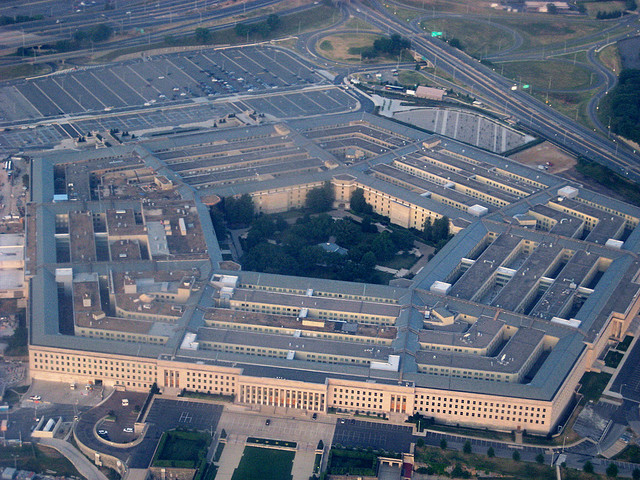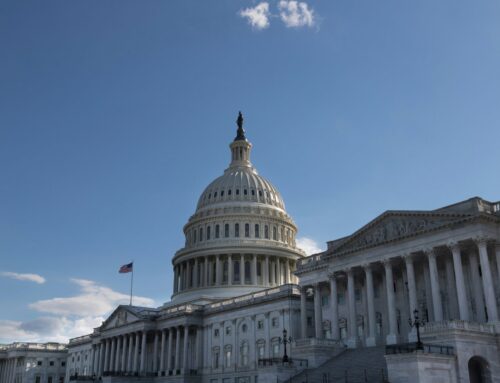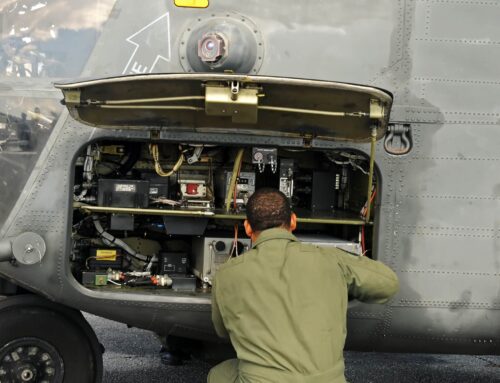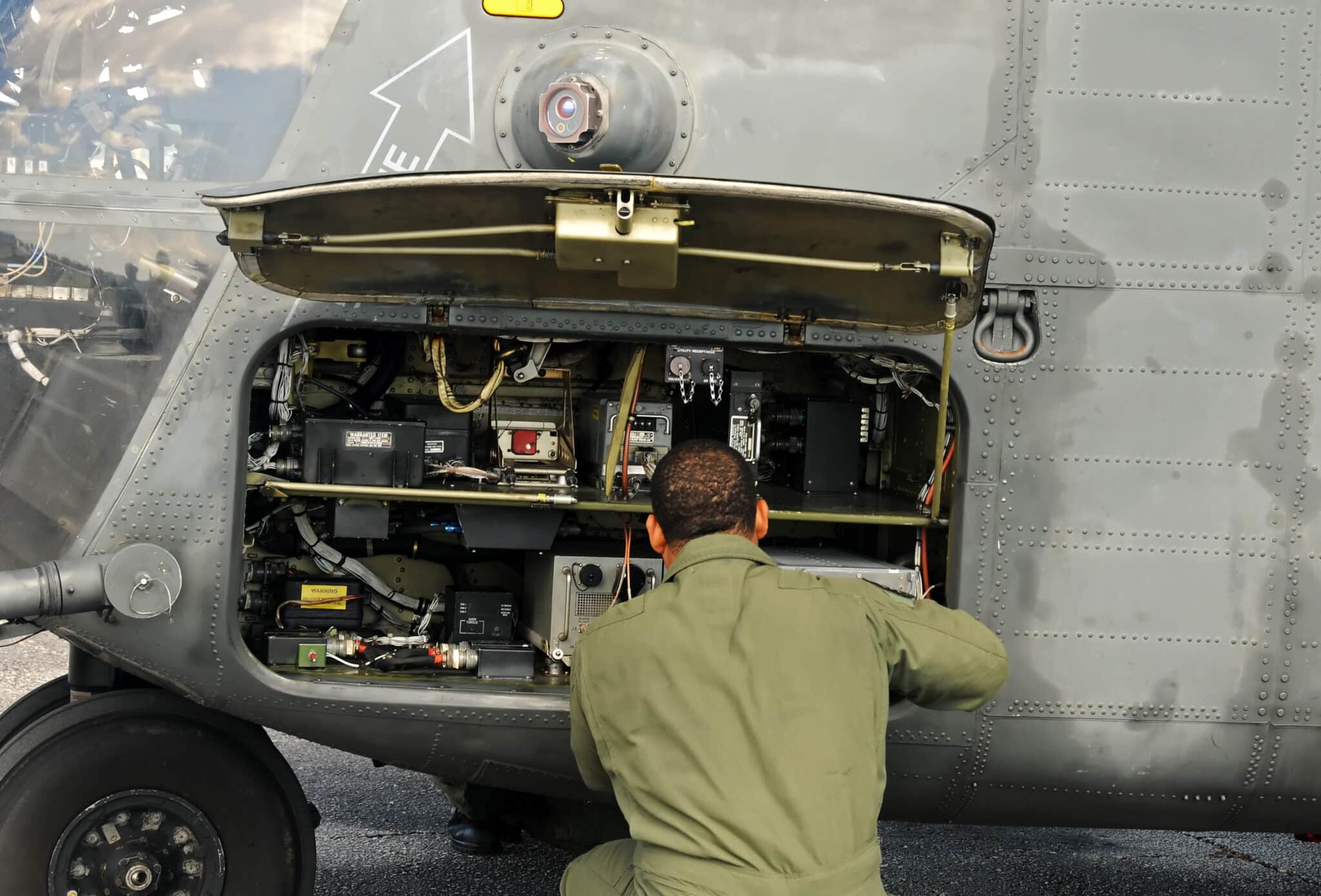 Every few years the world is “gifted” with the blessing (or curse) of one extra day on the calendar. And so it is that 2016 is a leap year. You have an extra 24 hours in which to accomplish something (finish your tax forms?) or just while it away, doing nothing particularly constructive.
Every few years the world is “gifted” with the blessing (or curse) of one extra day on the calendar. And so it is that 2016 is a leap year. You have an extra 24 hours in which to accomplish something (finish your tax forms?) or just while it away, doing nothing particularly constructive.
Today's the day, and I have pulled together a list of things the Pentagon can do today to make a constructive difference in how the military is managed and paid for. Instead of a “Top 10” list, let's economize and make this a “Top Nine” list – because I'm all about running the federal government more efficiently.
9. Use executive authority to close military installations in the United States. Let's face it, Congress will never vote for another bipartisan Commission. It's time to rid the military of duplicative, expensive real estate.
8. Take Pentagon entitlement reform as far as you can without requiring congressional action. The Military Officers Association of America will continue to engage in shameless fearmongering with Congress over any proposed reform. And yet, just last year the secretary of defense and chairman of the joint chiefs said reform was needed to rein in escalating personnel costs and allow military modernization to proceed.
7. Stop using a “spread the pa.png” calculation when faced with any kind of budget reduction. The policy of proportionality – under which each service (Army, Air Force, Navy/Marines) gets one-third of funding and also one-third of any reduction – never made sense and flies in the face of smart budgeting. Assigning each military department one-third of that reduction avoids the one thing that might actually lead to budget savings – terminating wasteful or unsuccessful procurement programs.
6. Take a stand against Congress' insistence on maintaining anti-competitive practices like requiring the purchase of anchor-and-mooring chain, ball bearings, rolled steel and clothing from U.S. sources only. Put the needs out to bid and pick a low-cost manufacturer that is of adequate quality. As long as it is properly constructed, it doesn't matter where the anchor chain comes from. Make the competition public.
5. Reject modernizing all three legs of the nuclear triad. We are at the cusp of a program that will cost hundreds of billions of dollars over the next 30 years. And yet one of the most commonly cited threats to America is terrorism. Doesn't it make more sense to let go of the land-based leg of the land-sea-air triad and devote some of that money to capabilities to defeat terrorism?
4. Admit that the European Reassurance Initiative is actually a program to make the U.S. Army whole again in Europe. It doesn't belong in the Overseas Contingency Operations budget. The $3.4 billion in this year's budget request is clearly not for contingencies. With part of that money slated to establish a new headquarters for an Army division, we're flirting with an increased, long-term U.S. presence in Europe. This deserves an honest policy debate before we commit that level of U.S. taxpayer dollars.
3. Tell Congress you don't need the so-called National Sea-based Deterrence Fund to be able to afford the replacement for the sea-based leg of the nuclear triad. Navy planners have built a long-term budget that fits in all shipbuilding requirements. But shipbuilding interests in Congress insist that more money is needed. Tell them, “Thanks, but no thanks.”
2. Remind the Air Force that the nature of warfare is changing every day and betting its entire combat aircraft future on the F-35 is a risky investment.
1. Admit you have a problem and start the painful withdrawal from the budgetary opiate that is the Overseas Contingency Operations account. Just because it's “off-budget” and doesn't count against the legislated spending caps agreed to last fall doesn't mean this is smart budgeting. Again, an honest debate on what a strong defense costs is needed. But pretending that the extra $59 billion currently slated for fiscal year 2017 is free money is being dishonest with the American public. Time to kick the habit.










